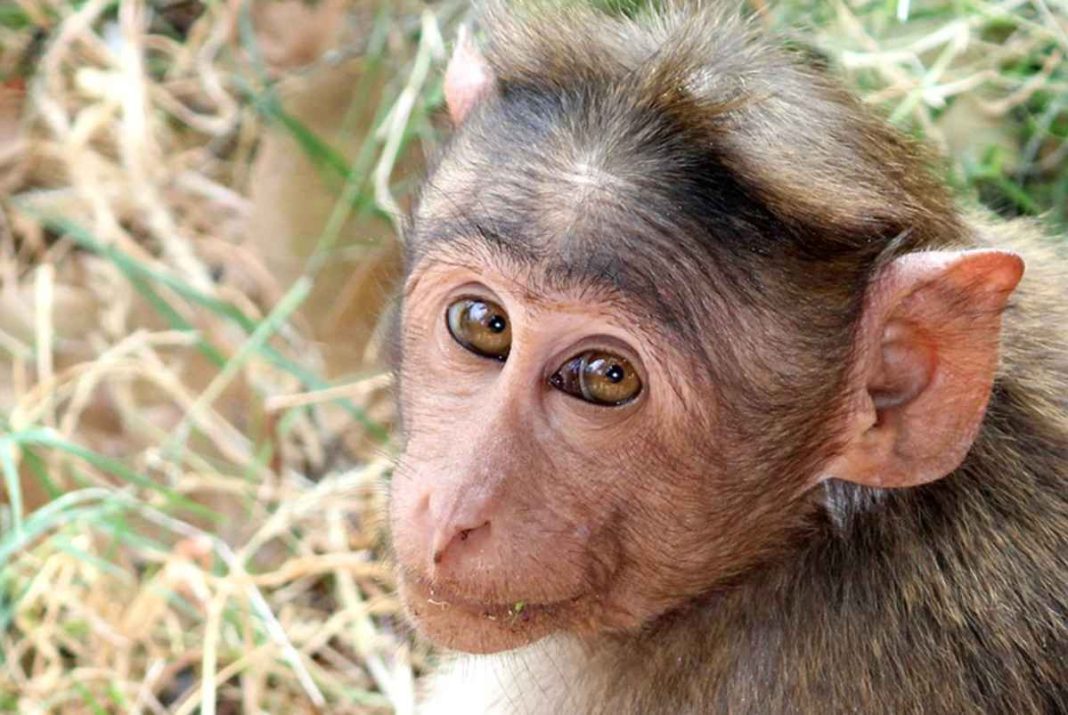In a significant step to manage the growing human-animal conflict in South India, the Kerala Forest Department is preparing a proposal to initiate mass sterilisation of Bonnet macaques. The move, pending approval from the Union Ministry of Environment, Forests and Climate Change, is aimed at addressing increasing complaints from farmers about crop destruction caused by these primates.
Bonnet Macaque: A Species Under Stress
Native to South India, the Bonnet macaque is a familiar sight in Kerala’s eco-tourism zones. Farmers, especially those living near forested areas, have reported widespread damage to coconuts and other crops due to monkey raids. The species is currently listed as “Vulnerable” by the International Union for Conservation of Nature (IUCN), with some regions witnessing population declines of up to 65%.
Mission Bonnet Macaque: A Strategic Response
To address these growing issues, the state has launched “Mission Bonnet Macaque,” a 10-point programme focusing on peaceful population control. At its core is a sterilisation drive designed to regulate monkey numbers without resorting to culling. Selected monkey troops will be captured, sterilised, and released back into their native habitat. Temporary shelters will be used during their recovery, ensuring the process is humane and non-lethal.
Legal Framework and Operational Plan
Due to the Bonnet macaque’s listing under Schedule I of the Wildlife Protection Act, the sterilisation plan requires central government approval. Although sterilisation efforts have been tested before, this programme aims to be more systematic and scientifically managed. An additional component involves discouraging tourists and locals from feeding monkeys, thereby reducing their dependence on human-supplied food.
Balancing Conservation and Community Needs
Several threats endanger the Bonnet macaque, including habitat loss, competition with Rhesus macaques, and reduced tree cover along traditional routes. Kerala’s initiative seeks to strike a balance between conservation and addressing the grievances of farming communities. In parallel, waste management reforms at eco-tourism centres are being rolled out to cut down easy food access for the macaques.
Looking Ahead: A Model for Wildlife Management
If successful, Kerala’s sterilisation strategy could serve as a model for managing other wildlife populations facing similar conflict situations. Continuous research and community participation will be critical to ensuring the initiative’s success. With sustained monitoring and adaptive strategies, Mission Bonnet Macaque could redefine wildlife conservation practices in India.



